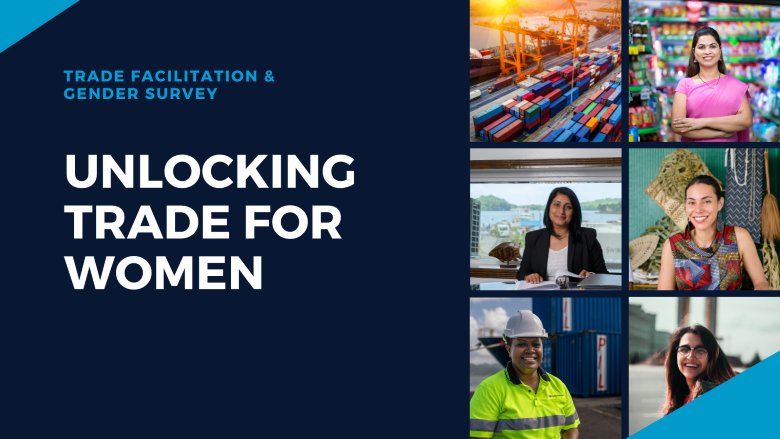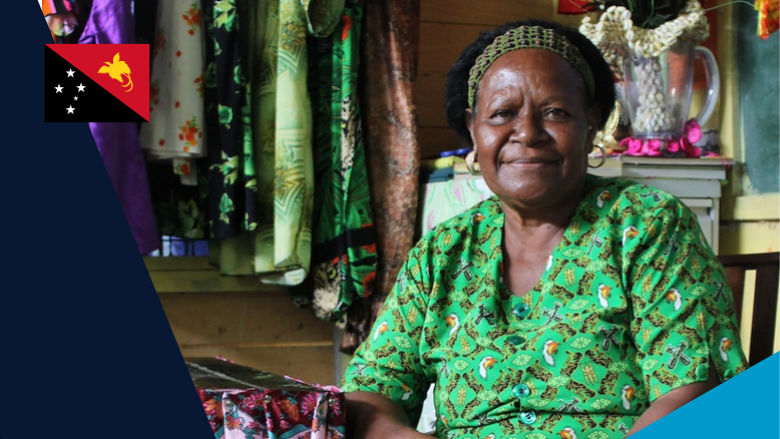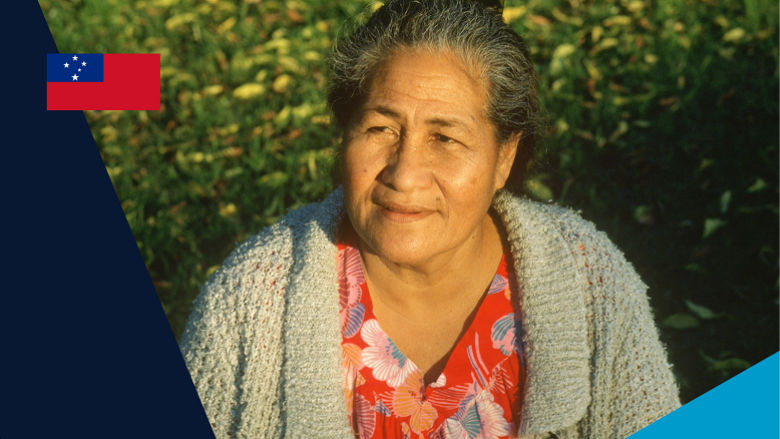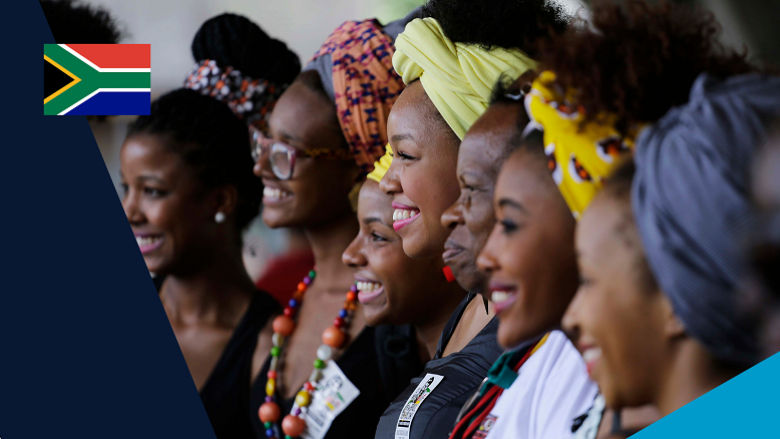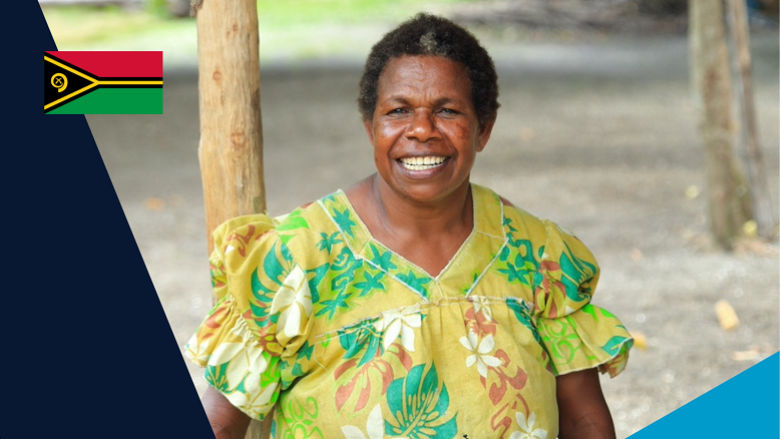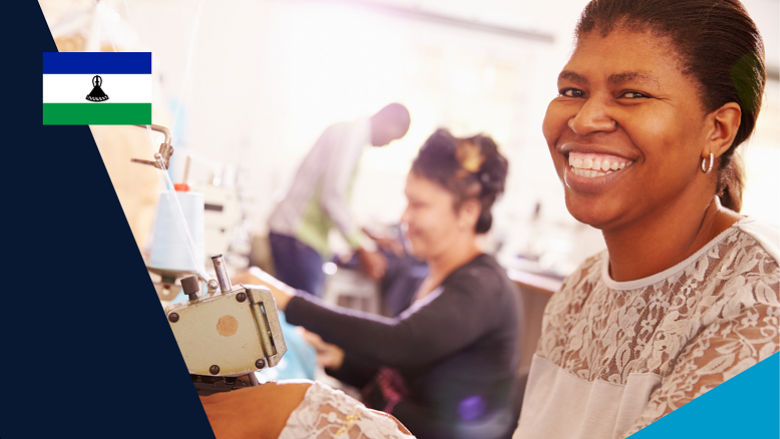Trade can improve economic outcomes for women by creating job opportunities, increasing wages, expanding market access, and lowering costs of doing business, fostering entrepreneurship and innovation, ultimately promoting more gender equality and empowerment.
Identifying gender gaps in cross-border trade
Research has shown that although women-owned SMEs represent 31 to 38 percent of all SMEs in emerging markets, the growth rates of these firms do not come close to matching that of their men counterparts. Moving goods across borders implies challenges for traders, and research has also shown that only one in five exporting firms are led by women. While trade facilitation measures are designed to be impartial and applicable to all traders, its impact or benefits may not be uniform across all traders.
Closing the data gap
The World Bank has developed a survey methodology to quantify gender specific challenges to trade facilitation at the country level. The objective of this work is to help fill some of the broader knowledge gaps that exist around the specific barriers that women, firm-level traders face when undertaking cross-border trade. The data collected contributes to the field of literature on trade facilitation and gender. The data will be used to design trade facilitation reforms that addresses gender specific challenges to border processes and procedures.
The survey has been deployed in several countries across regions and over 8,000 importing/exporting firms and customs clearing service agents have been interviewed (as of October 2023).
Download the surveys below and read more
